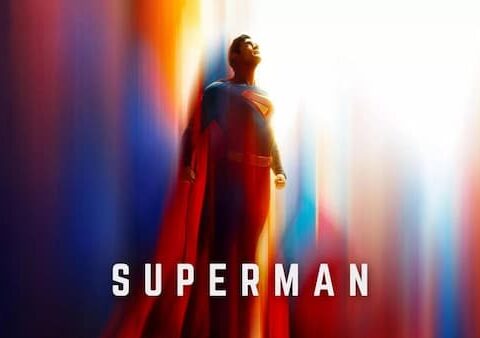So, on we go with our Star Wars: Age of Republic series of one-shots – and on we move to one of the most enigmatic and charismatic figures in the Star Wars universe, the one-time Jedi turned Sith Lord, Count Dooku.
Somewhat surprisingly, the Count Dooku book is the one I’ve enjoyed the most out of all these books so far. I wasn’t expecting that to be the case.
It’s the one that feels the most substantial in story terms; and also the one that feels like it tells us the most, in terms of ‘new’ perspective or information. Whereas the other Age of Republic books have all felt like little snapshots, this one actually feels like it’s shining a spotlight on a period in Dooku’s timeline that we haven’t really explored much.
Specifically, this little tale is set prior to the events of Attack of the Clones: a point in which Dooku is already working directly for Sidious, but is still seen by other Jedi as nothing more than an esteemed ‘former Jedi’.
There is no Separatist movement yet: it’s all in its early stages.
Dooku is on Sallust to make secret contact (for Sidious) with a criminal faction that might be useful to them. While on Sullust, his mission is complicated by the fact that a Jedi Knight is also there, carrying out his own investigation for the Republic and the Jedi Order into the samle criminal organisation.
I really liked this random Jedi character (‘Jak’Zin’), who has the face of a tiger (literally) and looks like someone from ‘Counter-Earth’ in Marvel Comics. I kind of wish this guy had been one of the random Jedi in the films (like on Geonosis).
I also love the way he recognises Dooku – but greets with a kind of awe and reverence: reminding us that Dooku was a highly regarded Jedi Master once. The story here even shows us a brief flashback of Dooku and Yoda teaching lightsaber techniques to younglings/padawans in the Jedi Temple.
Our general perspective of Dooku through the prequel films and the Clone Wars TV show is of the scheming villain who’s actions are accelerating the downfall of the Republic. The idea of Dooku as the one-time Good Guy is something we often forget about, because it’s only ever hinted at in Attack of the Clones.
So it’s nice to get some of that here.
We also get more sense of Dooku here as the blue-blooded noble with the elite family pedigree and the inherited wealth: which, I guess, makes perfect sense as to why he would be someone who could (later) ally with the Banking Clan and the Trade Federation and encourage other powers to move away from the Republic.
However, Dooku here is already a villain. It’s kind of sad how he manipulates the Jedi Jak’Zin, taking advantage of the reverence in which the Jedi holds him: only to coldly dispose of him later on.
In plot terms, there’s not necessarily a great deal going on here: but it’s an engaging little story that Jody Houser has written and it is really nicely illustrated by Luke Ross. The visuals and colors really impart a sense of real, living surroundings to this tale – it really brings Sallust to life and feels like a true corner of the Star Wars galaxy.
A whole series based on Count Dooku – exploring both his backstory in the Jedi Order and his actions during the prequel era and the Clone Wars – would be superb. I’m doubtful we’ll get it – but we really should.
Of all these one-shot books in the Age of Republic series, the Anakin Skywalker book was perhaps the one I was most looking forward to, to see what new spin on the legend we would get here.

As it is, this book doesn’t really do much.
It’s not a bad book though. It’s basically just a snapshot of Anakin during the Clone Wars; the kind of random little tale you might get in a random Clone Wars episode.
What it does, however, is focus in on Anakin’s compassionate nature: his hesitation in committing to a tactical decision that might lead to the deaths of potentially innocent people in fact leads him to uncovering a Separatist trap designed to undermine the Republic’s image.
This seems like kind of an inversion of Palpatine’s taunt to Luke Skywalker in Return of the Jedi, when he says of Luke “His compassion will be his undoing”. Here, Anakin’s innate compassion saves the day when he recognises that people who his superiors see as the enemy are in fact victims themselves – slaves being used against their will.
In freeing those slaves, he both does the heroic thing and validates his own position.
It’s nice to get a little story here that is focused on Anakin as essentially a good person: a compassionate, well-meaning guy – rather than a classic motif of the tortured or conflicted Anakin/Vader thing.
Particularly having been absorbed in the Darth Vader title, it’s nice to get away from that kind of intensity and complex psychological storytelling, and back to a simpler sort of exploration of Anakin Skywalker.
The fact that he is helping free slaves here also ties in thematically well with Anakin’s psychology from Episode I and not being able to free his mother or the other slaves on Tatooine.
This isn’t really essential reading or a great book; but it’s a nice enough little piece. The Count Dooku book is much more interesting, however.





